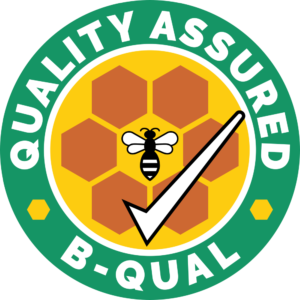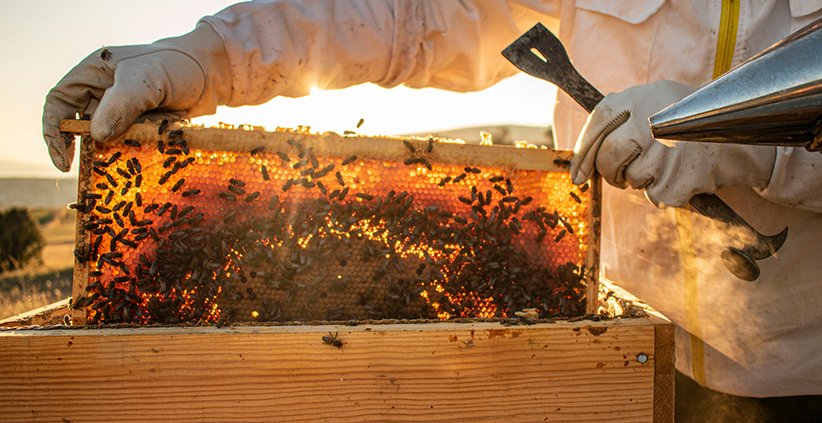Organic Beekeeping in Australia: Is It Possible?
For many Australian beekeepers, the word “organic” carries a certain weight. It signals purity, high standards, and alignment with consumer expectations around food quality. But when it comes to honey production, the path to being certified organic in Australia is anything but simple. Serious and commercial apiarists know the challenges of producing clean, quality honey, but the leap into organic certification involves far more than good hive management.
The Regulatory Landscape
Unlike some smaller industries, apiculture in Australia is highly regulated. To be certified organic, honey must meet strict guidelines under Australian Certified Organic (ACO) or equivalent bodies. These include not only the treatment of bees and hives but also the forage area within a specified radius. Every flower, every tree, and every crop within flying distance of your bees comes into play. With bees capable of foraging up to 5 km from their hive, that means an area of nearly 80 square kilometres must meet organic standards. For most commercial beekeepers, this is the primary barrier.
Land Use and Forage Challenges
Australia’s diverse landscape presents unique opportunities and unique problems. While remote eucalyptus forests or national parks may offer near-ideal conditions, not every beekeeper has access to such areas. More often, hives are placed in regions where agriculture is active, with neighbouring landholders using herbicides or pesticides that immediately disqualify the forage zone from organic certification. Even when you manage your hives to the highest possible standard, factors outside your control—such as aerial spraying on nearby properties—become decisive.
Hive Management Without Chemicals
Another key pillar of organic certification is hive management. Organic standards prohibit the use of synthetic miticides or antibiotics, which raises a practical issue for beekeepers. In countries with varroa mite infestations, organic beekeeping requires innovative approaches, often at the expense of yield and sometimes colony health. In Australia, where varroa is still relatively new but spreading, the conversation is becoming more pressing. Many commercial apiarists are asking: can organic standards and effective biosecurity measures realistically coexist?
Economics and Consumer Demand
For beekeepers, profitability matters. Certified organic honey can command a premium, but the costs of certification, land access, and management practices must be carefully weighed against potential returns. Some commercial operators have found niche markets overseas, particularly in Europe and Asia, where demand for Australian organic honey is strong. However, the majority of Australian honey production remains conventional, not because beekeepers don’t care about quality, but because the certification model is often incompatible with the realities of large-scale operations.
The Middle Ground: Sustainable Beekeeping
While full organic certification is unattainable for many, an increasing number of beekeepers are adopting practices that move closer to organic principles without carrying the official label. Reducing chemical interventions, prioritising natural forage, and educating consumers about sustainability are becoming part of the industry’s language. This shift acknowledges that while “organic” may be the gold standard in marketing terms, “sustainable” and “responsibly managed” are just as powerful in building consumer trust.
Conclusion
So, is organic beekeeping possible in Australia? Yes—but only under specific conditions, often tied to geography and land use rather than beekeeper skill alone. For commercial operators, the path to certification is narrow, but the conversation itself has value. It challenges beekeepers to reflect on their practices, explore new methods, and engage with consumers on what it really means to produce pure, clean, and sustainable honey in the Australian context.
– Become BQUAL certified –

Proudly display the B-QUAL logo and demonstrate your enterprise is operating in accordance with the industry requirements and expectations of consumers, markets, regulatory authorities and the wider community, in relation to the key issues of food safety and industry best practices.



